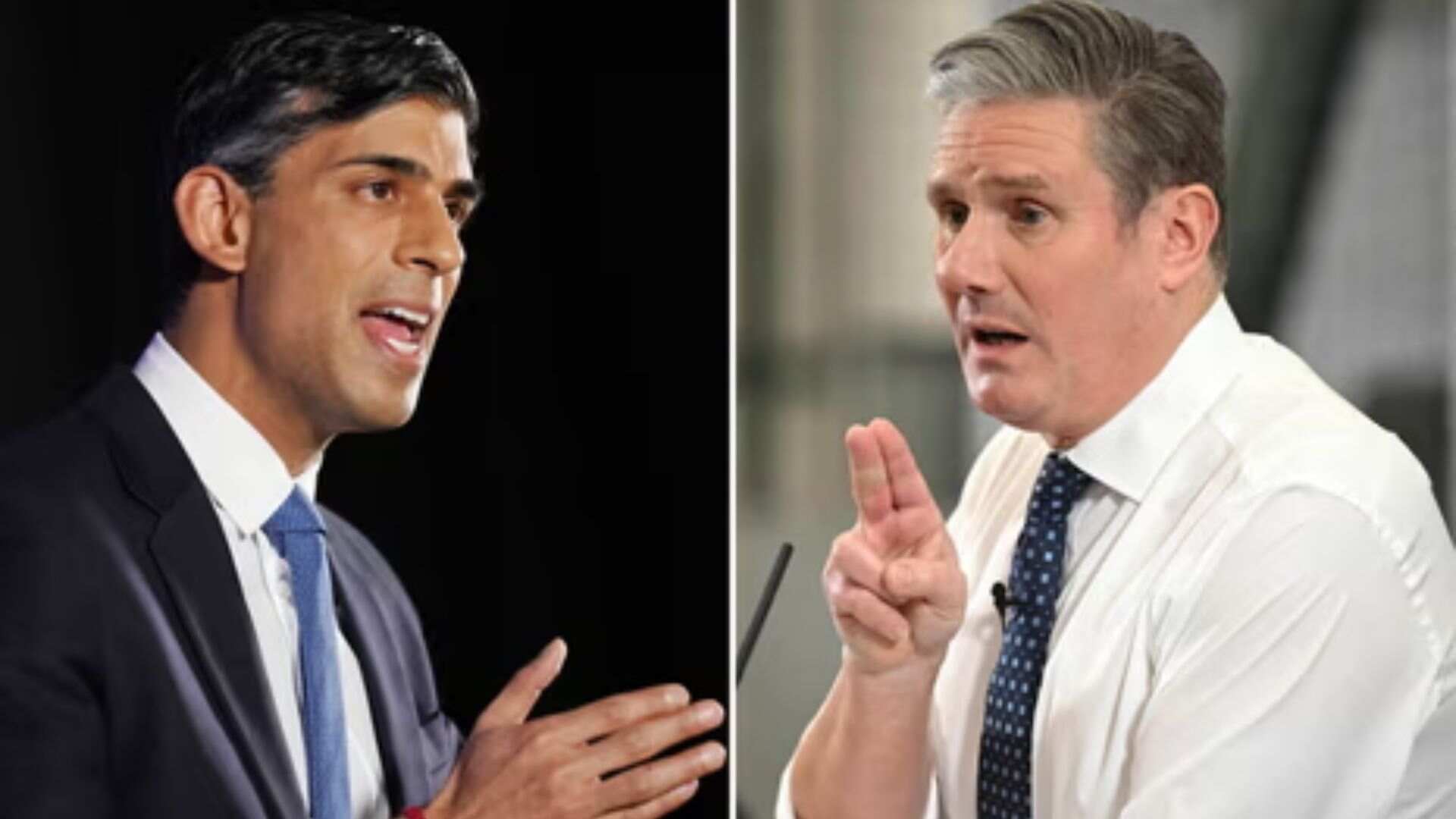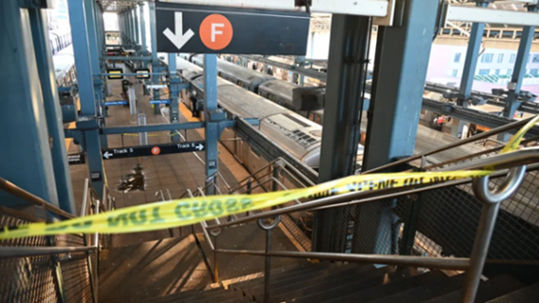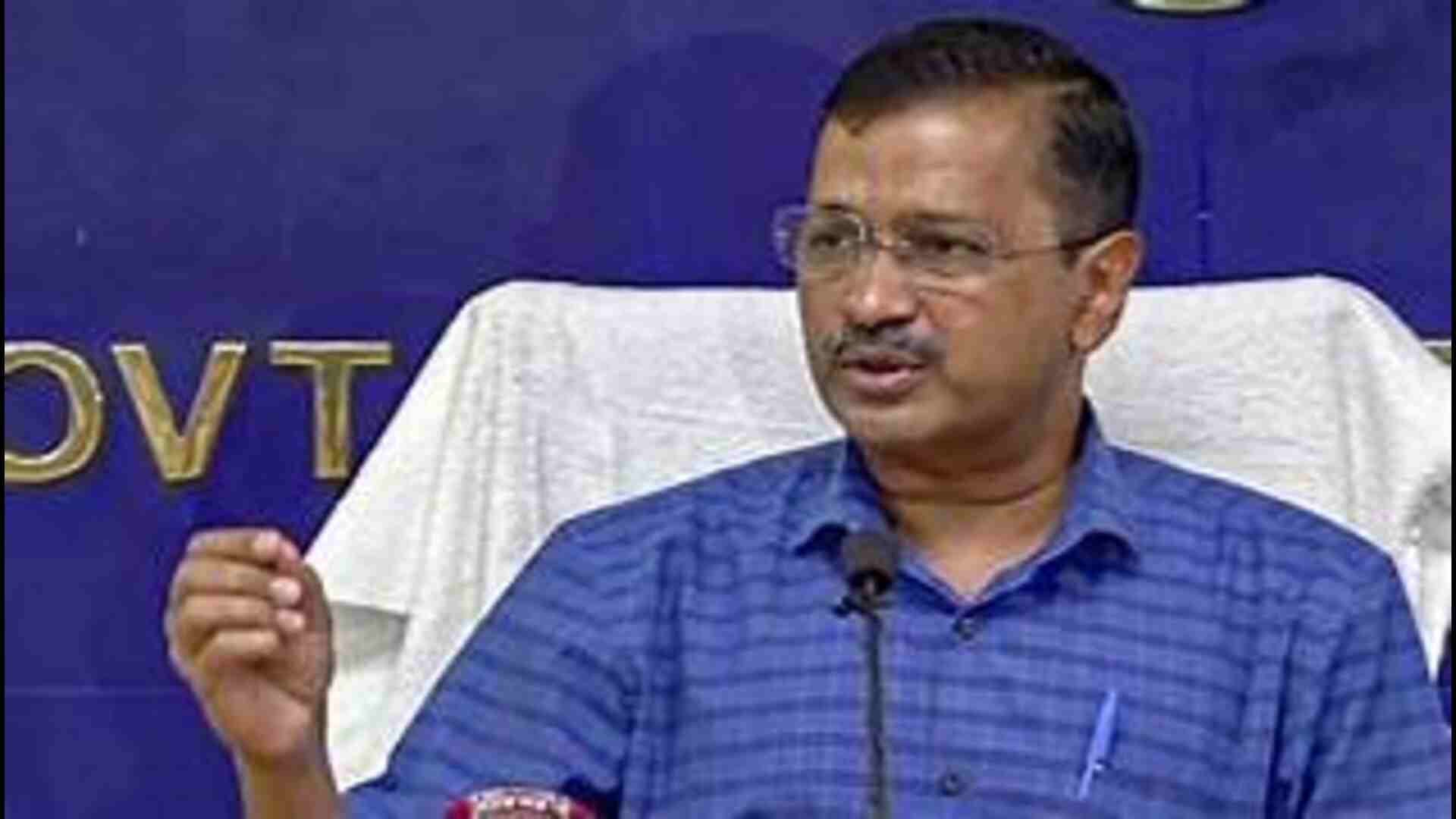The upcoming UK general election of 2024 stands as a crucial moment in the country’s political narrative. With all 650 parliamentary seats in England, Wales, Scotland, and Northern Ireland up for contention, the election will determine whether the Conservative Party, which has governed for the past 14 years, can maintain its hold on power or if a new direction under Labour’s leadership, headed by Keir Starmer, will take root. As voters head to the polls today, several key figures and facts underscore the significance of this electoral event:
650 seats: Every seat in Parliament is in play, and winning at least 326 seats secures a majority.
4,515 candidates: A record-breaking number from 98 different political parties, including 459 independents and a notable percentage of women candidates.
46 million voters: Registered voters numbered over 46 million by December 2023, with potential increases leading up to election day.
40,000 polling stations: Spread across diverse locations like pubs, ships, and even a fossil museum, ensuring accessibility for voters.
15 Tory ministers at risk: Pre-election polling indicates potential losses for 15 Conservative cabinet members, indicating significant electoral challenges.
£13 million in campaign donations: During the first three weeks of campaigning, political parties received approximately £13 million in donations, with Labour securing a substantial portion.
Seven water-themed campaign stunts: Notable among them, Ed Davey of the Liberal Democrats engaged in multiple water-centric activities to highlight environmental issues.
12 percent trust in political institutions: Public trust in political parties remains low, a factor that often influences voter turnout.
This election is poised to redefine the political landscape of the UK, reflecting deep-seated societal divisions and evolving public sentiments. The outcome will shape the course of governance and policy in the years ahead.







